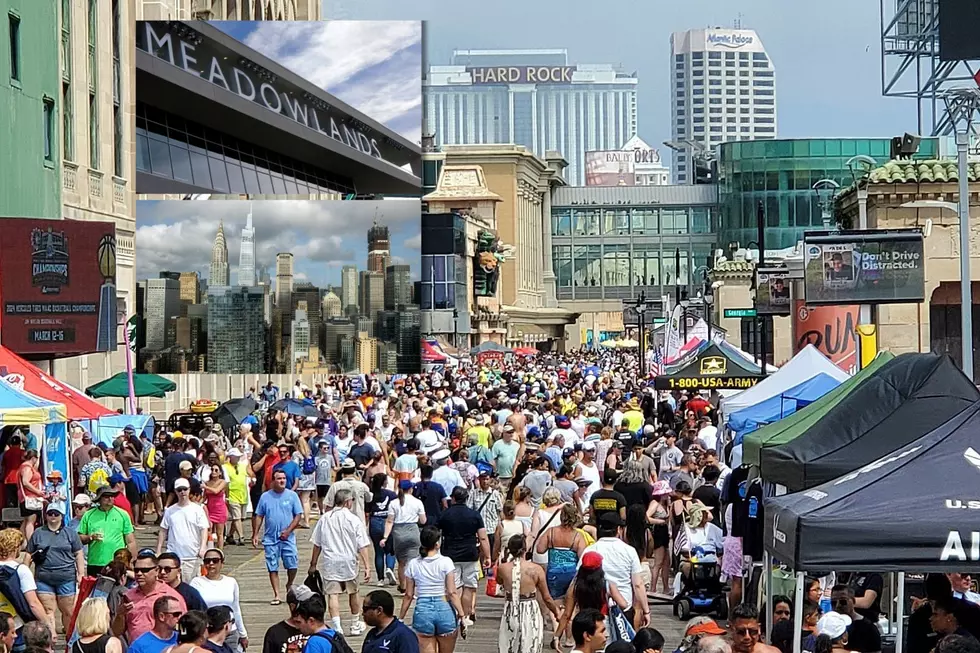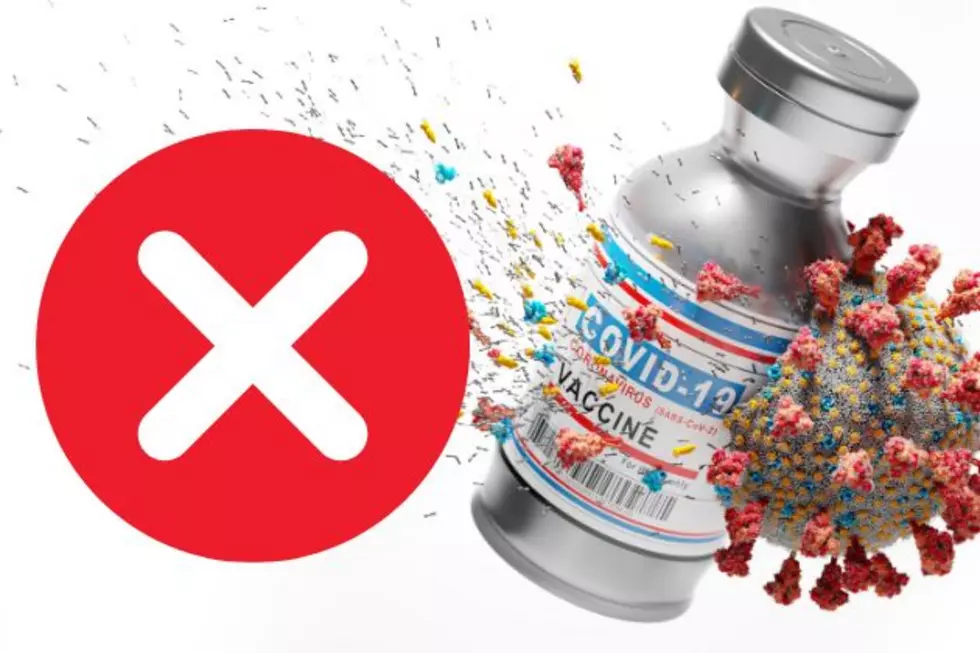
As Delta Variant Spreads, Should New Jerseyans Mask Up Again?
As the highly contagious Delta variant sweeps across New Jersey, new COVID-19 infection totals are shooting higher, almost doubling over the past four days.
On July 12, the New Jersey Department of Health reported 227 new PCR cases. On July 13, that number increased by 106 cases to a total of 333 reported PCR cases and 371 PCR cases were reported on July 14. On Thursday, the state was reporting 441 new PCR cases, the highest number in a single day since May 22.
While the number of new cases pales in comparison to the height of the pandemic when the state was reporting thousands of new infections per day, the numbers do reflect a trend that is being seen across the United States.
The state is also seeing an increase in its rate of transmission. On Thursday, the RT was reported at 1.16, that compares to a week ago when it was 0.92. Any number above one indicates that each new case is leading to more than one additional infection.

Meanwhile the number of people hospitalized with COVID-19 is back up to 325, which is where it was at the end of June.
According to the state Department of Health's COVID-19 Dashboad, the Delta variant made up over 40% of all new variant cases in June, making it the predominant strain in New Jersey. There are also reports the Delta variant has mutated into what is now being called the Delta-plus variant.
During an appearance Wednesday on CNBC's "Squawk Box," Dr. Scott Gottlieb, former head of the Food and Drug Administration, said the Delta variant surge will continue to build and it may not peak until the end of September, adding "the worst is yet to come."
He also said vaccines may not be quite as effective in stopping Delta-plus infections as they are with other forms of COVID.
So what does all of this mean?
“It is concerning because the virus has continued to evolve to forms that have become increasingly more transmissible,” said Dr. Martin Blaser, an infectious disease expert and the director of the Center for Advanced Biotechnology and Medicine at Rutgers University.
He said as the virus continues to mutate, it is not clear what will happen next.
“There are a lot of unknowns here,” he said. “This is a developing story, this is emerging, the Delta virus is kind of exploding on our shores.”
Blaser said that while the Pfizer, Moderna and Johnson & Johnson vaccines may not be quite as effective against the evolving Delta variant as they were against the original form of COVID that first appeared in New Jersey 16 months ago, vaccination is still the best tool we have to stop the virus.
“Vaccination is the best protection that people can do. This Delta virus is finding people who are unvaccinated,” said Blaser.
At the same time, he noted, with the COVID landscape rapidly changing there are new questions about what constitutes safe behavior.
Blaser, who is vaccinated, said while he wasn't wearing masks for a few weeks, he is now in certain situations.
"I’ve started wearing them when I go to the supermarket, when I’m near people, because the vaccine efficiency has been fantastic against the old strain but against the new strain it’s not quite as good. We don’t know exactly how much worse it is,” Blaser said.
He also pointed out that just like with the other strains of COVID-19, those with the Delta variant might not even know they have it.
“What makes this virus very transmissible is that some of the people who have it don’t have any symptoms at all, so you could be standing next to somebody who looks perfectly well and they’re sending the virus in your direction.”
Blaser stressed it’s important for everyone to understand the pandemic is not over.
“This virus is not going away,” he said. “The only way we can make it go away is if enough people get vaccinated so that the virus has nowhere to go. People who are doubting whether to get vaccinated or not, they should get vaccinated as soon as possible.”
Seven boardwalk games and how they can be stacked against you
More From WPG Talk Radio 95.5 FM










